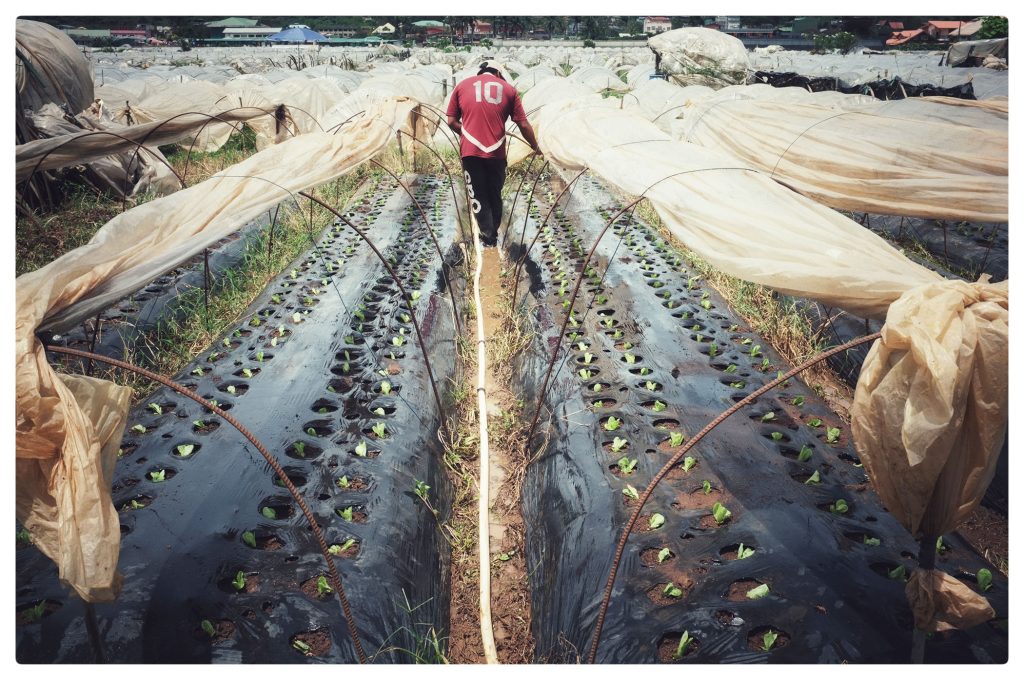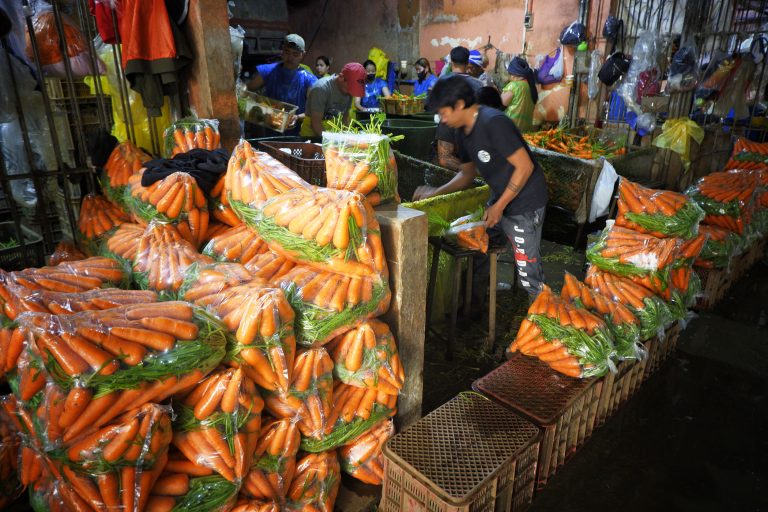
PICTURE OF HOPE-- This image was captured at the well-known strawberry farm in La Trinidad, Benguet, before the ongoing, intense rains brought on by the southwest monsoon and tropical storms "Crising," "Dante," and "Emong." The municipality of La Trinidad, Benguet, has been placed under a state of calamity. The strawberry field there was entirely submerged by floodwaters. **Photo by neimless_skills
To spur inclusive and innovation-driven growth, Councilor Van Dicang has proposed an ordinance establishing the City Economic Development and Enterprise Office (CEDEO), a centralized body tasked with managing investments, supporting local enterprises, and ensuring the professional operation of income-generating city assets.
The ordinance provides for a consolidation of existing economic-related offices and functions under the newly established CEDEO. This means that departments or units with the city government that are currently handling investment promotion, MSME support, and management of local enterprises will be merged or streamlined under the CEDEO to avoid duplication, improve efficiency, and ensure cohesive strategic direction.
This proposed consolidated city office is mandated to lead local economic development and investment promotion by formulating strategies to attract and retain investments, supporting micro, small, and medium enterprises (MSMEs) and cooperatives, aligning with national development frameworks, and positioning Baguio City as a hub for sustainable and competitive business.
The CEDEO will take charge of the management of income-generating city-owned facilities such as the public market, Maharlika Livelihood Complex, and slaughterhouse by introducing sound business planning, financial oversight, and operational reforms to enhance efficiency and maximize revenue.
It will also ensure financial planning, transparency, and accountability in the operations of city economic enterprises. This includes conducting feasibility studies, developing effective billing and collection systems, and producing regular financial and performance reports in accordance with national standards. Not only that, it must also lead stakeholder engagement and partnerships to enable collaborations with the private sector, civil society organizations (CSOs), cooperatives, and grassroots operations to jointly implement economic initiatives including through joint ventures and public-private partnerships (PPPs).
Furthermore, the CEDEO will call for the integration of local economic activities and value chains by strengthening inter-barangay linkages to support local production systems, and promoting shared prosperity across communities and empower local producers, artisans, and informal enterprises.
The office will be headed by a City Economic Development and Enterprise Officer and supported by an Assistant Economic Development Officer. Three divisions will be created. These are the Investment Promotion and MSME Development Division, the Economic Enterprise Management Division, and the Business Planning, Policy, and Research Division.
To enhance transparency and governance, the CEDEO will be supported by a Local Economic Enterprise Board (LEEB) composed of city officials and private sector representatives.
A transition period will take place for the refinement of the organizational structure, finalizing the staffing pattern, and ensuring proper budget allocation for the CEDEO. The transition phase will also involve mapping out existing personnel, realigning functions, and possibly retooling or training affected staff.
The proposed ordinance was approved on first reading by the Baguio City Council on August 4, 2025 and was referred to the Committee on Ethics, Governmental Affairs, and Personnel for review. **Jordan G. Habbiling

